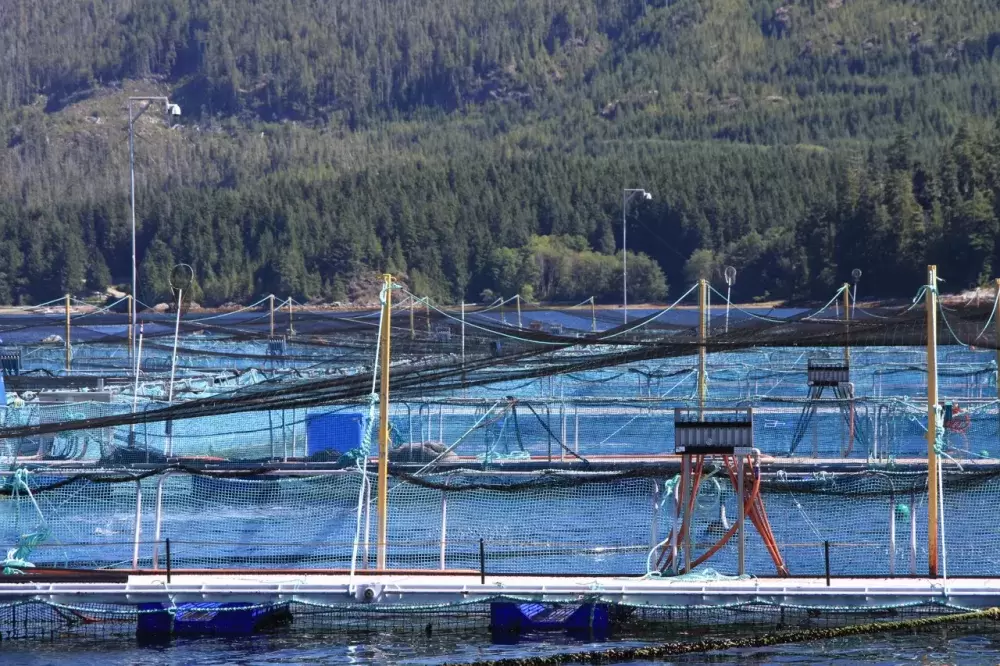Aquaculture provides jobs for thousands of people in British Columbia – particularly in coastal communities with limited economic opportunity. But many fear that fish farms are harming the migration of wild salmon by spreading disease and disrupting the ocean’s ecological balance. Do you support net pens remaining in the ocean?
Rachel Blaney, NDP:
The good work that has been done by the ‘Namgis, the Kwikwasut’inuxw Haxwa’mis and Mamalilikulla First Nations in the Broughton has created a framework for the industry, government and First Nations to move forward. I’m committed to working with them all towards a closed containment solution that keeps good jobs in our communities and protects our wild salmon. I have been calling for the federal government to support the industry in this transition, and to make this one piece of a full strategy to protect wild salmon. Our region has the workers, the processing, affordable land, and expertise that can make us leaders in a sustainable industry we can all be proud of.
Peter Shwarzhoff, Liberal:
With global demand for salmon increasing, it’s not surprising that the salmon farming industry has flourished, employing over 12,000 people in rural coastal communities, and provides over $2.5 Billion in economic value.
Scientists at DFO take all risks to salmon seriously including any which might be posed by the aquaculture industry. Problems were found and corrected. In collaboration with the province and First Nations, sites have been relocated. Industry has continuously improved their systems to control lice and viruses and new technologies are constantly being deployed. DFO is satisfied that the risk of these operations is minimal to wild salmon. But they remain vigilant.
Mark de Bruijn, Green:
Pen-based Aquaculture never intended to damage the natural, wild salmon fishery. It was hoped that antibiotics, drugs and technology would safely manage dense Atlantic salmon populations in the Pacific Ocean.
There is every indication that it has failed; the pens will have to come out. As soon as possible.
However, our investments in aquaculture need not be wasted. The Americans and Norwegians are now investing heavily into contained land-based aquaculture. I want to bring all the players in our fishery together to seriously consider transitioning to land based aquaculture...a private-public sector investment opportunity.
Global warming means a hungry world.
Shelley Downey, Conservative:
The salmon farms of today are not the same as the ones I knew in the late 80’s. Through investment and innovation, they have continually improved their practises for the betterment of the environment and the fish they are producing.
Salmon farms are one of Canada’s most regulated food industries. As the world continues to look for protein, farmed salmon provides a cheap form of protein that is produced in a relatively small area. As we continue to reduce our GHG emissions, it is noteworthy that farmed salmon has a very low carbon footprint (2.2 kg of CO2/Kg) of edible product. Salmon farms provide good non-seasonal jobs. First nations make up about 20% of the workforce and the farms are often located close to their homes.
Conservatives are committed to innovation in the industry. We believe in increasing sustainability and environmental performance of the industry.

